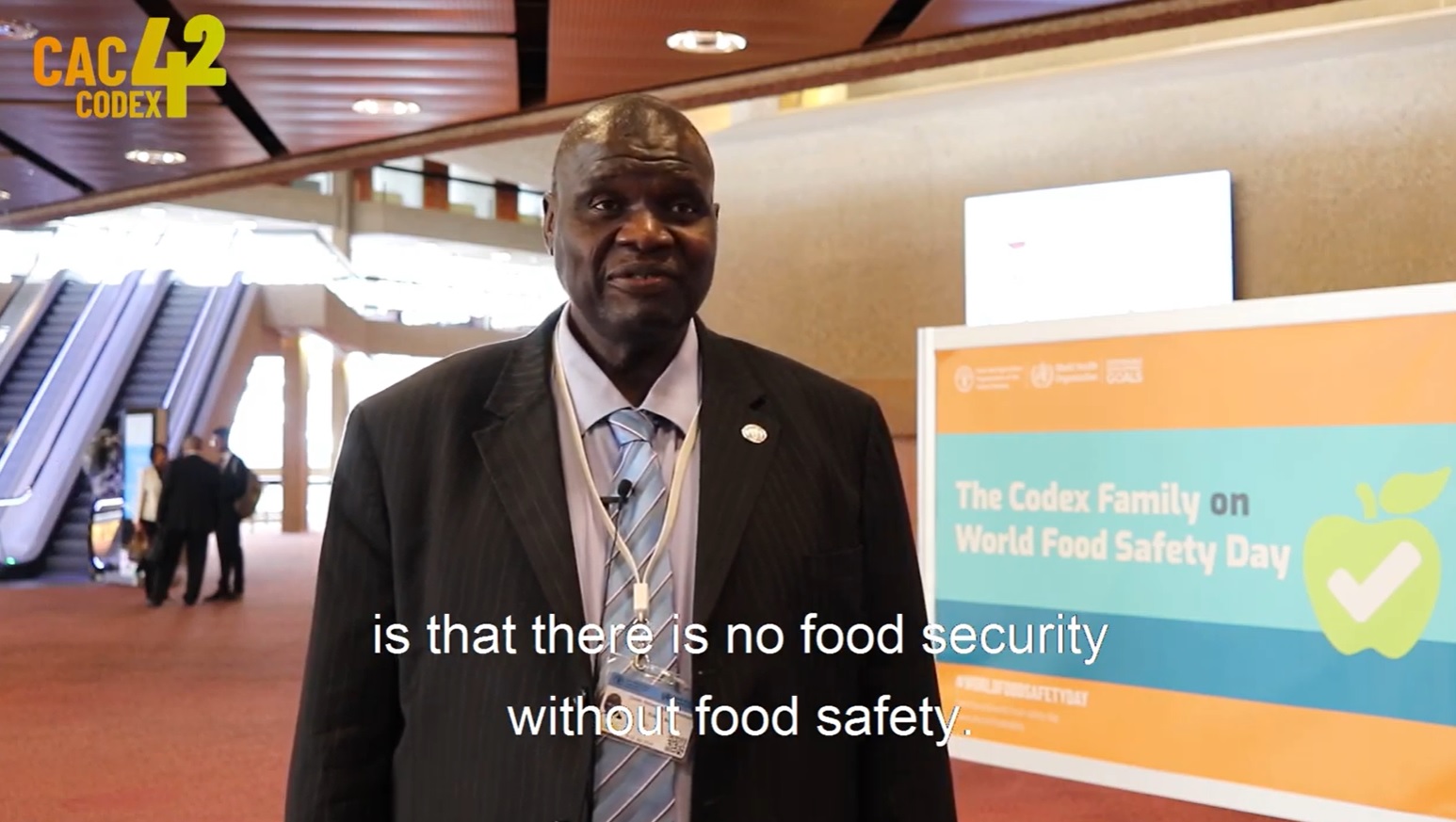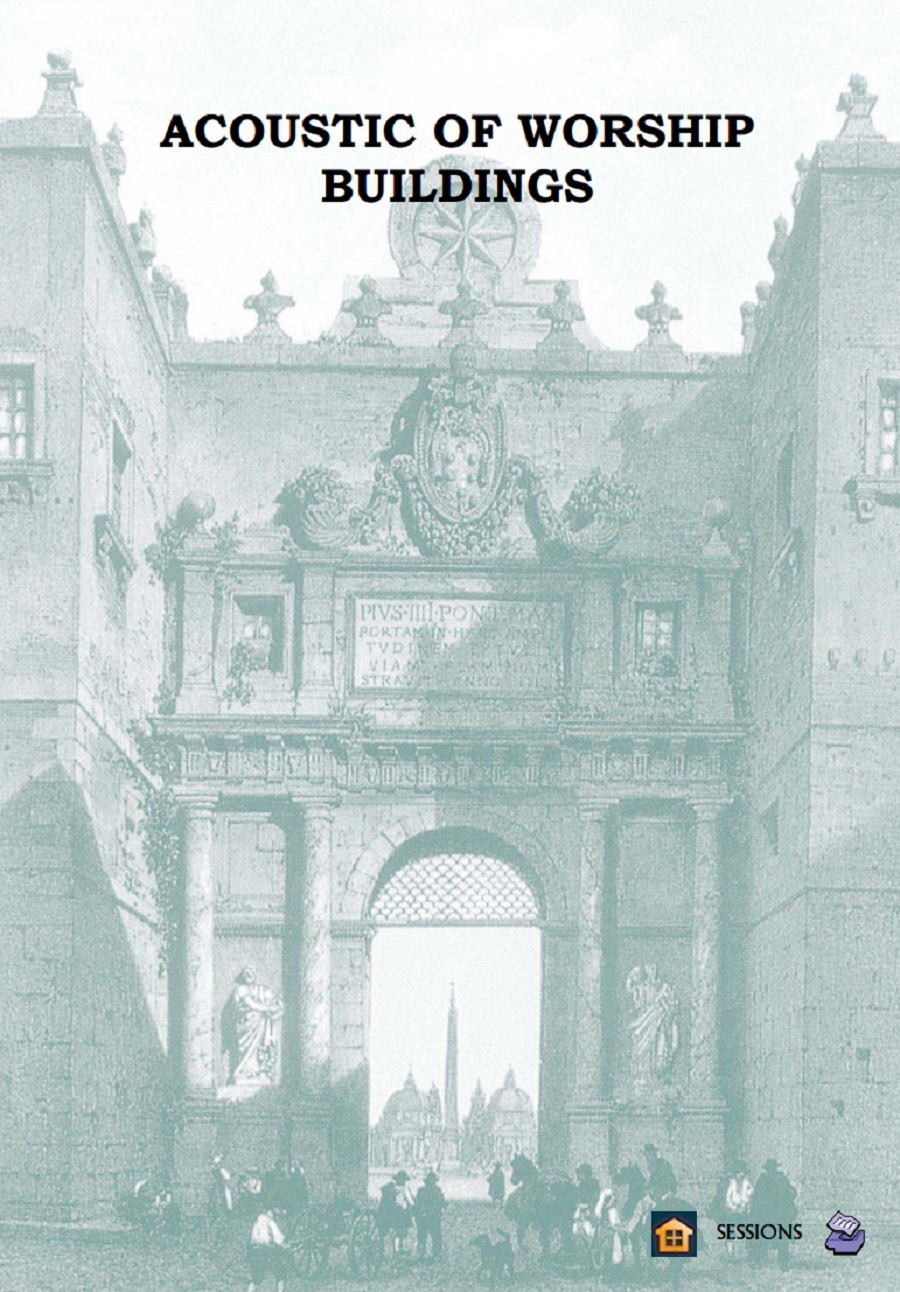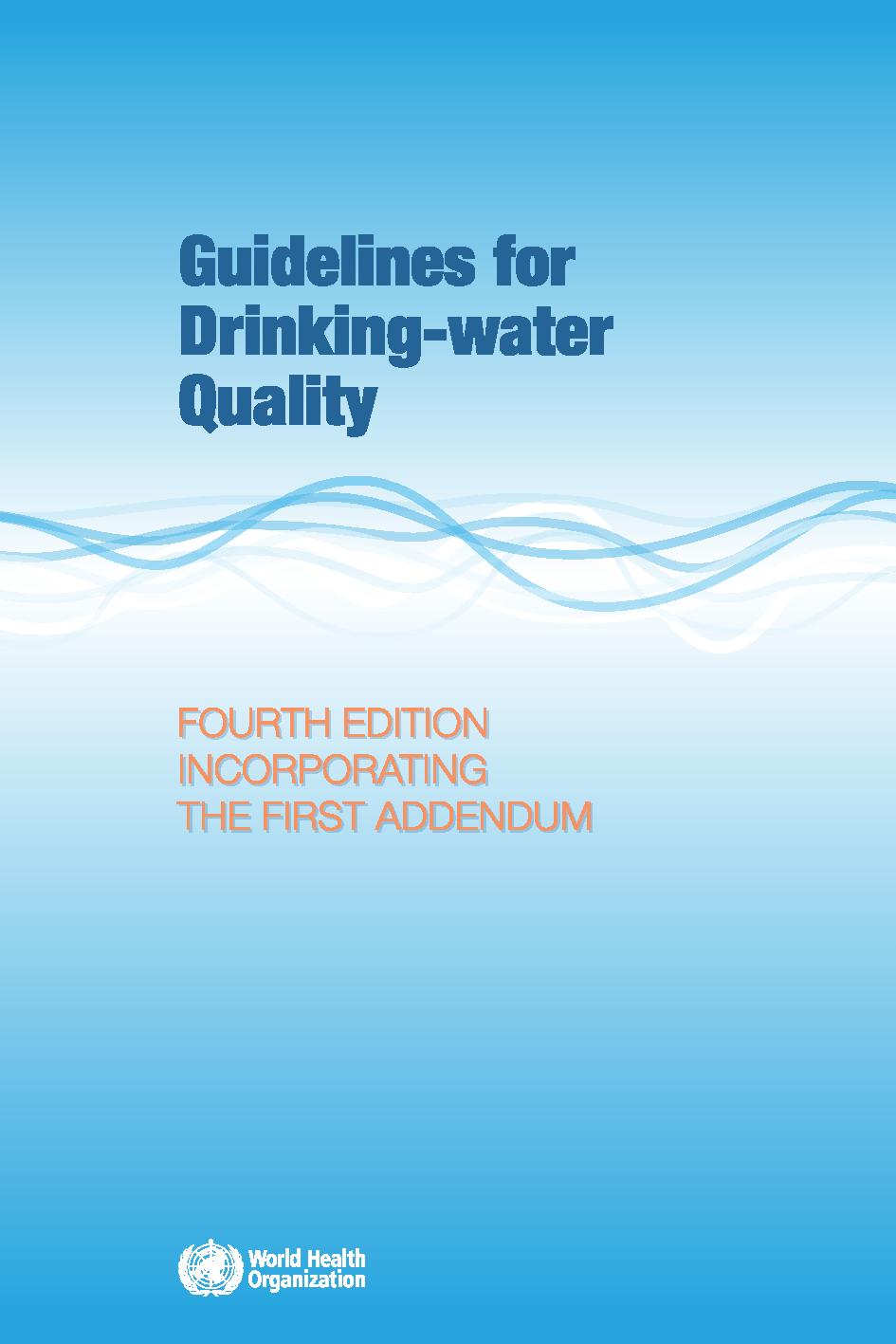The Codex Alimentarius Commission regularly reviews and updates its standards and guidelines to reflect the latest scientific knowledge and technological advancements in the food industry. These standards are voluntary, but they serve as a reference for countries and international organizations when developing their own food safety and quality regulations. Compliance with Codex standards can facilitate international trade by ensuring that food products meet common criteria for safety and quality.
Some of the key areas addressed by Codex standards include:
Food safety: Codex sets standards for food contaminants, residues of pesticides and veterinary drugs, food additives, and microbiological criteria to ensure that food products are safe for consumption.
Food labeling: Codex provides guidelines on how food products should be labeled, including information on ingredients, nutrition, allergens, and more.
Food hygiene: It establishes principles and guidelines for food handling, processing, and storage to prevent foodborne illnesses.
Food quality: Codex standards also cover the quality attributes of various food products, including fruits, vegetables, and various processed foods.
Food additives: Codex regulates the use of food additives to ensure they are safe for consumption and serve a specific purpose in food production.
Residue limits: It sets maximum residue limits for various chemicals, such as pesticides and veterinary drugs, in food products to protect consumers from potential harm.
📰 | #CodexNews | National Codex Committee of Turkmenistan🇹🇲 visits Germany🇩🇪
➕ℹ️➡️ https://t.co/TixjQTUILA#FoodSafety | #Codex pic.twitter.com/1d29EQISDh
— Codex Alimentarius (@FAOWHOCodex) September 15, 2023















